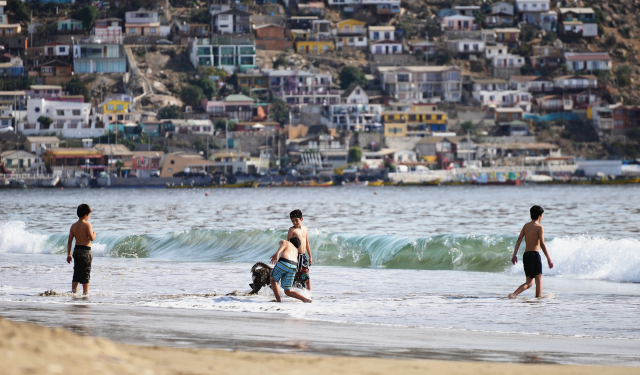Blue economy: The future is in the ocean – The blue economy is promoted today by many international or regional institutions such as the UN, the World Bank, the European Commission and the African Union. The blue economy consists of a wide range of socioeconomic sectors and related public and territorial policies. The Economic and Social Council (CESE), which has dedicated one of its recent studies to the blue economy, divided its various activities into two complementary categories. On the one hand, there are commercial activities such as fishing, aquaculture, blue tourism, offshore energy, seawater desalination, biodiversity, marine biotechnologies, port activities and maritime transport. On the other hand, there are non-commercial activities such as education, innovation, culture, regulation, security and partnership. According to the CESE, “The blue economy is a complex concept at the heart of multi-dimensional, economic, legal, institutional, environmental and sociocultural issues.”
“The sea, an engine of economic growth, is one of the first factors in the development and power of states” notes the Council in this study. Hence its importance in terms of social development and economic growth. Morocco has been paying particular attention to this aspect for some time. In June 2022, the Kingdom launched the implementation of a new National Blue Economy Program in cooperation with the World Bank.
A loan of 350 million dollars
This program aims to unleash the economic potential of this new engine of growth by sustainably valuing the resources of marine and coastal areas. It is based on three pillars: national food security, economic development and job creation, and protection and use of natural resources. To this end, a loan agreement of 350 million dollars was signed on June 9, 2022 with the World Bank. To measure its importance, let us note that fishing is the pillar of the blue economy. Morocco has recently established a dedicated agency for aquaculture, which is able to meet the new global food challenges. Seaside tourism, sailing and water sports are undoubtedly jobs and economic spin-off activities. Maritime transport is the main lever of global trade, while offshore energy, both fossil and mainly renewable, could meet growing energy needs. Seawater desalination is a miracle solution to counter water stress or shortage. We could continue by talking about marine biotechnology, mineral resources on the seabed and so on. The potential of the sea is so vast and not yet fully understood. And Morocco’s coasts represent 52% of the tourist area and 92% of the industrial fabric related to fishing and value-added activities in the sea products sector, port activities, seaside tourism, oil and gas… Other industries are emerging, such as aquaculture or biochemistry.
Blue economy: The future is in the ocean









